Just 8 days until Christmas! How surreal is it to say that? It’s always the highlight of December, and really the entire year. This year besides Christmas there’s another very hyped thing, and that’s the release of Star Wars: The Force Awakens, the 7th episode in the series. With this monumental film coming out, the previous installments have enjoyed a resurgence as everyone is going back and watching them in preparation.
Chronologically, the last film in the series is 1983’s Return of Jedi. Interestingly, it isn’t quite held in the same regard as A New Hope and Empire Strikes Back. While as a whole those films might be better, in my opinion Return’s climax exceeds any climax from the series. In fact, I would go as far to say the climax is one of the best in cinema. Why is that? It deals with redemption. Yes, there have been many stories before and after dealing with this, but very few films have done it as effectively as here. And what a great time to talk about this, because Christmas is also about redemption. As Linus quotes in A Charlie Brown Christmas:“
And there were in the same country shepherds, abiding in the field, keeping watch over their flock by night. And, lo, the angel of the Lord came upon them, and the glory of the Lord shone round about them! And they were sore afraid. And the angel said unto them, “Fear not! For, behold, I bring you tidings o great joy, which shall be to all my people. For unto you is born this day in the city of David a Saviour, which is Christ, the Lord. And this shall be a sign unto you: Ye shall find the babe wrapped in swaddling clothes, lying in a manger.” And suddenly, there was with the angel a multitude of the Heavenly Host praising God, and saying, “Glory to God in the Highest, and on Earth peace, and good will toward men.
That’s what Christmas is all about, Charlie Brown.
So in Empire Strikes Back Luke Skywalker finds out that Darth Vader is his father. In Return of the Jedi, this realization hits the breaking point. Luke gives Vader a chance to turn away from the Dark Side, to stop following the Emperor. Luke comments, “I know there is good in you. The Emperor hasn’t driven it from you fully.” The Emperor is basically the devil in Star Wars: a being whose mind is literally built around evil. He enjoys corrupting people, and using them to his advantage. Why would Vader, at some point in his life, pledge allegiance to this being? As revealed in Revenge of the Sith (the only prequel movie worth watching!) Anakin Skywalker is shown giving into negative emotions, letting hate take over. Eventually he goes as far as to killing kids. After his battle with Obi-Wan, he’s left to die. But the Emperor scoops him up, gives him armor, and ultimately offers a new purpose for living. And from that point on, Vader aligns himself fully with the Emperor, thinking he owes something to the latter (his life) becomes a full-fledged Dark Side of the Force user, and believes there’s no going back. (Which is a line he states to Luke in ROTJ.)
But is Anakin really so far gone? Throughout the trilogy we see Vader attack, and even kill people. But an interesting thing to note is that he never seems to enjoy doing what he does. The Emperor revels in it, while Vader carries out these vicious attacks out of a sense of duty. As the final battle in Return of the Jedi takes place, Luke’s words start to penetrate Vader’s head. The last scene here to me is one of the finest scenes in cinema. As the Emperor starts to kill Luke, the latter begs Vader to come to the light. For the first time, Vader is unsure of something. He keeps looking back and fourth between his son and his master.
Then he makes a decision.
In what is such a powerful scene Vader picks up the Emperor and hurls him to his death, saving Luke. Some moments later Vader dies, but he dies a happy man, knowing he made the right call. He made a choice, and chose redemption. In the end it cost him his life, but as the verse Matthew 16:26 states, “What good will it be for someone to gain the whole world, yet forfeit their soul?” And that’s what the climax in Return is all about. Darth Vader is a great antagonist, but let us not forget that in the end he represents a person being enticed and giving into the dark side, essentially going down the wrong path, but at the end chooses redemption, even though it cost him his life. Return of the Jedi is often overlooked in favor of the first two films, but this climax will always be the most phenomenal of them all.
MERRY CHRISTMAS everyone!


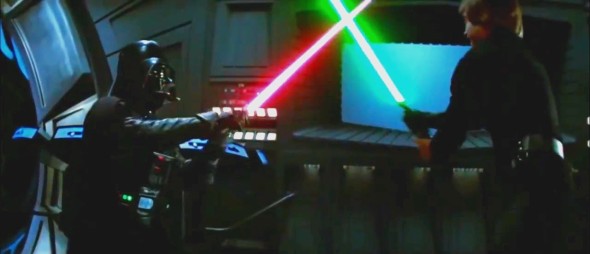
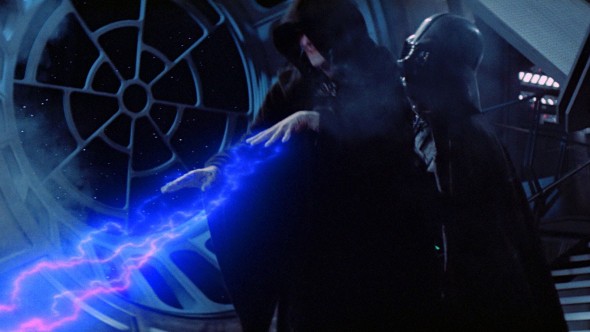






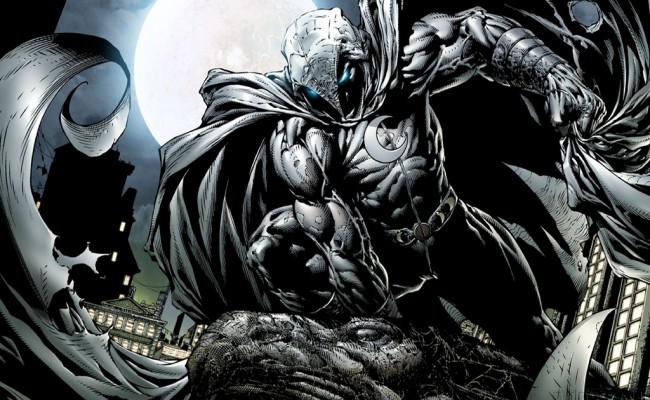
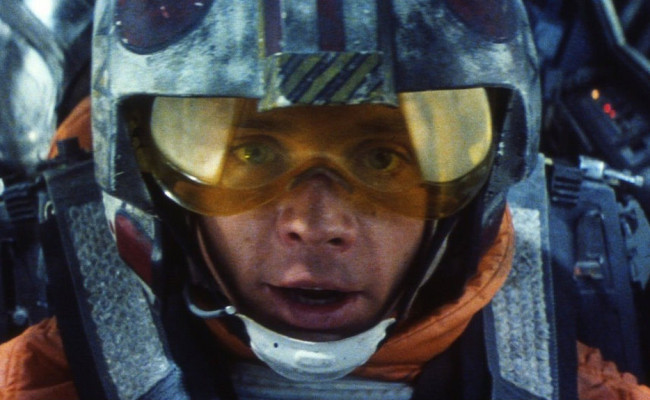
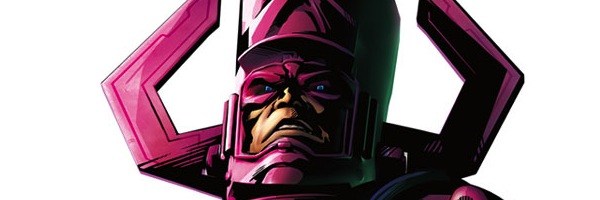

S#!T Talking Central